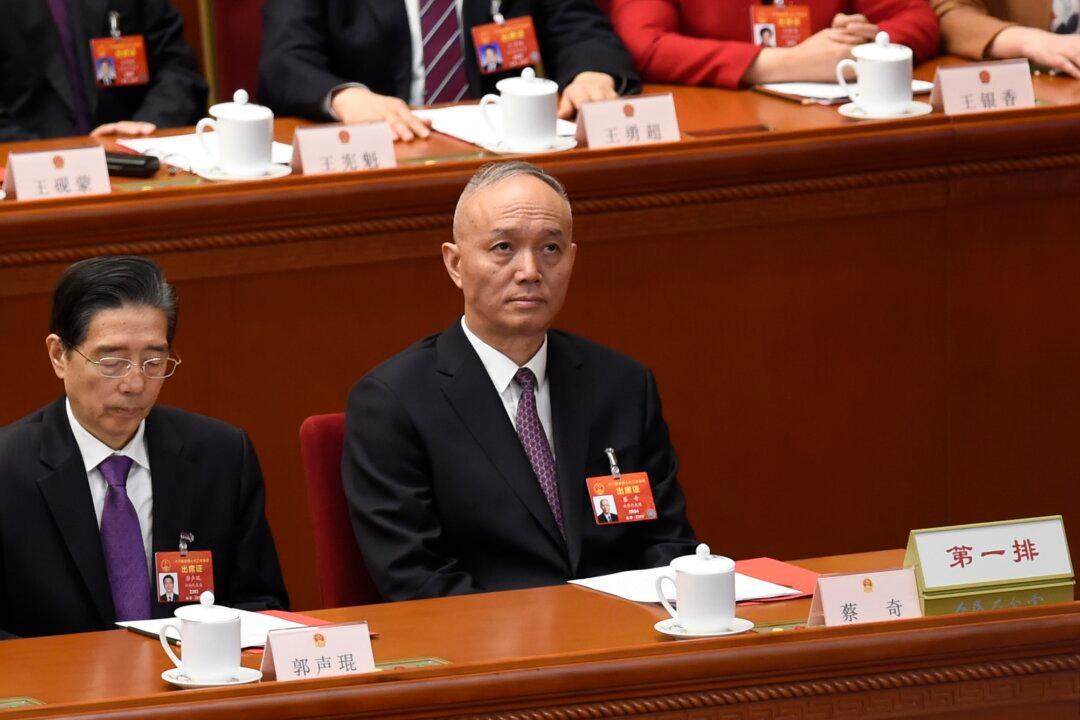China’s notorious anti-corruption watchdog is now being watched by an administrative body, with some experts saying the country’s leader Xi Jinping no longer trusts the disciplinary agency.
China’s central authorities recently released several official documents regulating the standard procedures and leadership structure of China’s Central Commission for Discipline Inspection (CCDI). These new directives also redefined CCDI’s job description.






